The first Monday after Epiphany is known as Plough Monday in certain parts of England and can be celebrated anytime from January 7 to January 14. Plough Monday is preceded by Plough Sunday. Both of these days were considered to mark the start of the agricultural year. Ploughing of the fields began at this time and continued into March in preparation of the season’s planting. These days also signify the end of the Christmas Season and a time to get back to work.
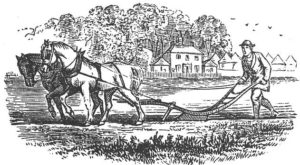
Ploughing the Field
In the early 1400s it was tradition on Plough Sunday to bring the ploughshare to church for a blessing upon it and the land. The ploughshare is the portion of the plough that is the cutting or leading edge. The Reformation put an end to this practice. However, there has been resurgence in the celebration of Plough Sunday with liturgical prayers even written for “Blessing the Plough” and “Blessing the Seed”. In this day and age, the connection to farming for most people has changed. Plough Sunday and Plough Monday have now become a time to celebrate, recognize, and honor the work of farmers and farming.
Written references to Plough Monday go back to the beginning of the 1400s. Farmers would take the plough around to houses seeking donations to keep the plough candle burning in the church. Plough guilds were formed and each often had its own plough light in the church. On Plough Monday they went out together with their plough to raise funds for the church and to maintain the plough lights’ burning. The plough light most likely served as a continuous vigil that was initiated at the Plough Sunday church service prayers for blessings on the year’s coming harvest. With the Reformation, the burning of the plough light was abolished. Shortly thereafter the plough guilds were suppressed as well.
Despite the church connection to Plough Monday having been lost, the tradition of going door-to-door asking for money survived. As there wasn’t a lot of plough work available at this time of year, the ploughmen would seek donations to sustain themselves and their families. The plough was decorated and the ploughmen would parade through the town stopping at houses and asking for money. Those who did not give were threatened with having the front yard ploughed over. These threats were rarely carried out but in some instances were. Plough Monday traditions fell out of practice in the 18th century but have seen resurgence in recent years. Costumes and dances and all types of celebrations accompany the parading of the plough.
The significance of Plough Monday as the beginning of the preparation for the year’s harvest as well as the first “back to work in the New Year day” certainly brings things into perspective. The holidays are over, the New Year has begun, and it is time to put the hand to the plough and start cultivating the fields. For it remains that the preparation of the land is what allows it to be fruitful and bring forth its yield.
Therefore consider what you need to plough into this month in order to be preparing for this year’s planting. Do you know what harvest you want to see this year? Do you know what seeds you need to plant in order to yield that harvest? Taking time now to determine what fields need ploughing in ready for planting will help to bring forth an eventual harvest. As this tradition holds, it is time to plough into the new year. It is time to put the hand to the plough and move forward in cultivating the fields of your life.
Plough on dear friends. Plough on.
[In order to stay consistent with the tradition outlined this post, the use of the UK spelling of “plough” instead of the US spelling of “plow” was used.]
Until we meet again, may God hold you in the palm of His hand.
~An Old Irish Blessing~
Marian McCoy Boveri
Photo credit: http://farmiciarestaurant.com/
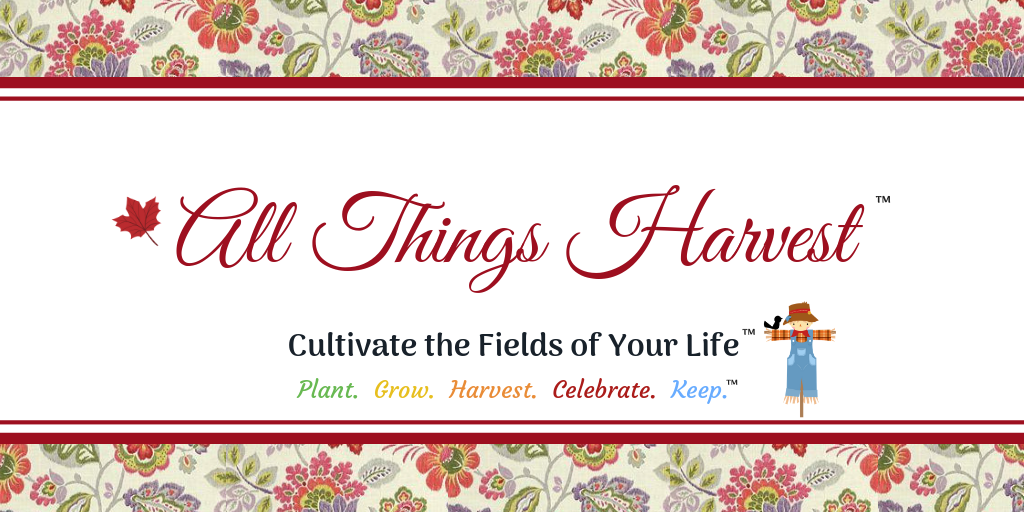
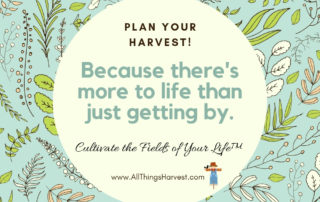

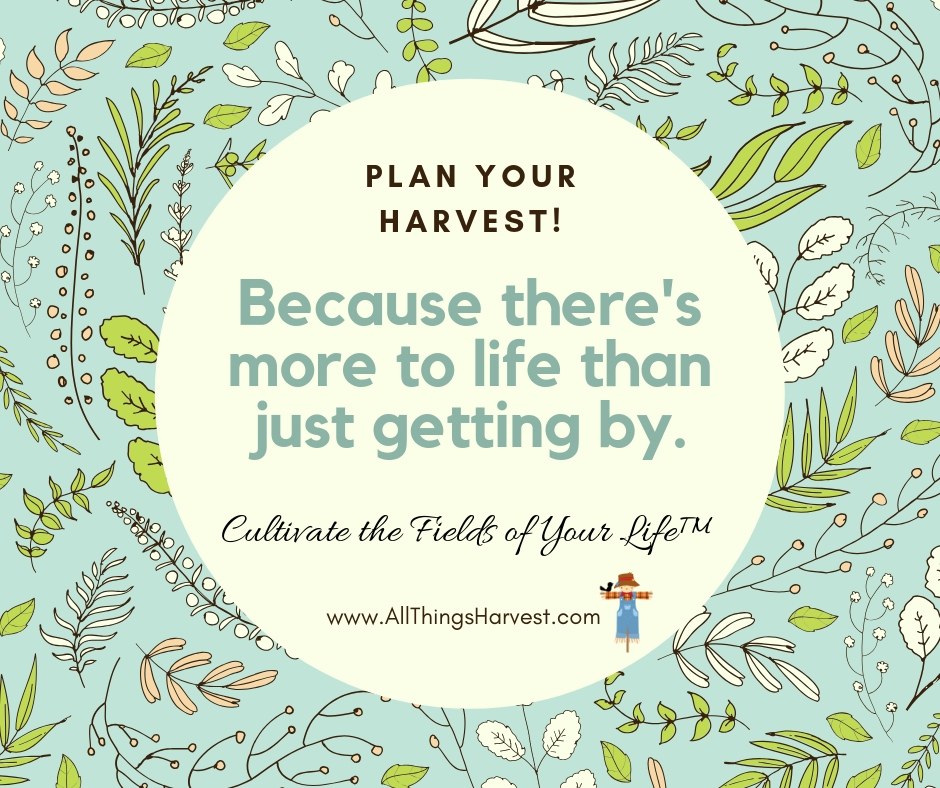
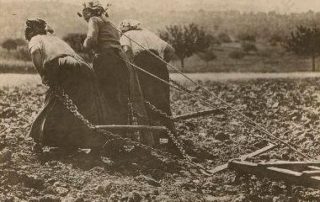
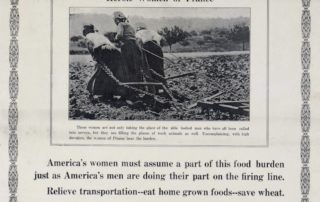
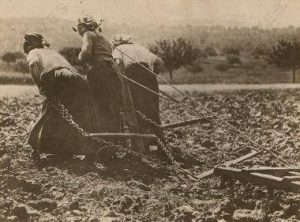
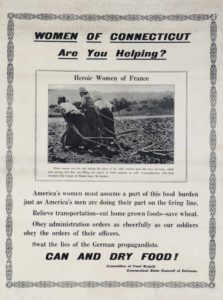
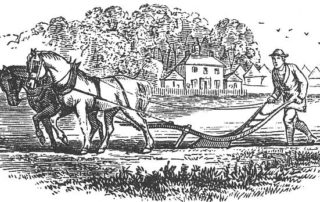











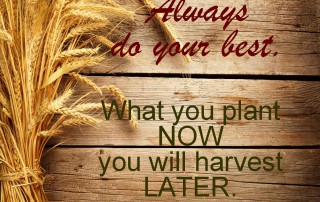
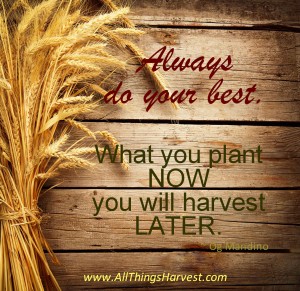
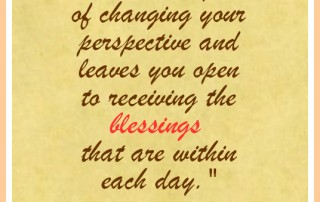
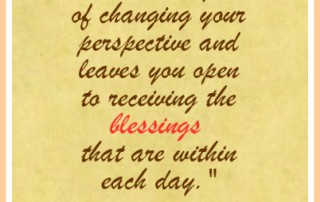
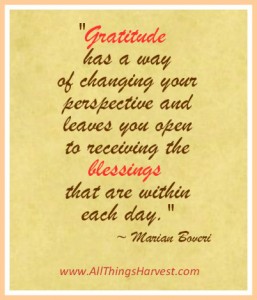
Let’s Connect
Facebook
Twitter
Google +1
LinkedIn